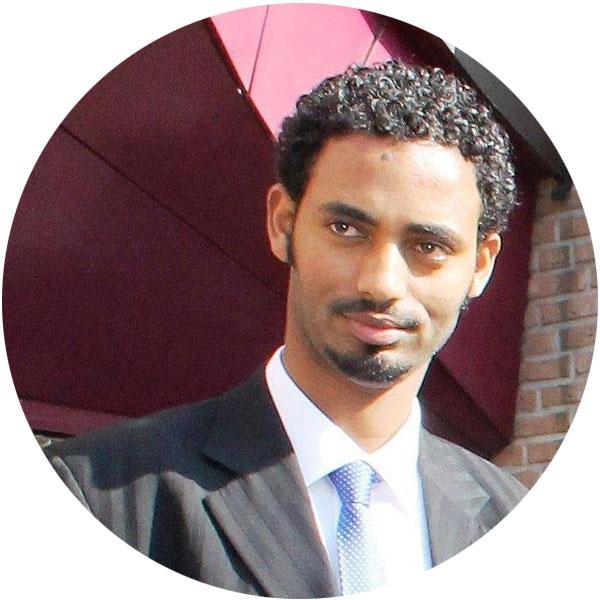Sustainable Development
"Development that meets the needs of the present without compromising the ability of future generations to meet their own needs. It calls for concerted efforts towards building an inclusive, sustainable and resilient future for people and planet" (United Nations Development Programme, n.d.).
United Nations Development Programme. n.d. "Transforming Our World". Accessed 2 Novermber 2023. https://www.undp.org/sites/g/files/zskgke326/files/migration/gh/SDGs-Bo…
Related Content
Article
Wetlands conservation: How satellite observation supports sustainable wetland management
On 2 February 2020, we celebrate World Wetlands Day to raise global awareness about the vital role of wetlands for people and our planet. This year’s edition highlights the connection between water, wetlands, and life.
Conservación de humedales: cómo la observación por satélite apoya la gestión sostenible de los humedales
Translated by: Isabel Zetina
El 2 de febrero de 2020 celebramos el Día Mundial de los Humedales para concienciar al mundo sobre el papel vital de los humedales para las personas y nuestro planeta. La edición de este año destaca la conexión entre el agua, los humedales y la vida.
Conservación de humedales: cómo la observación por satélite apoya la gestión sostenible de los humedales
Translated by: Isabel Zetina
El 2 de febrero de 2020 celebramos el Día Mundial de los Humedales para concienciar al mundo sobre el papel vital de los humedales para las personas y nuestro planeta. La edición de este año destaca la conexión entre el agua, los humedales y la vida.
Wetlands conservation: How satellite observation supports sustainable wetland management
On 2 February 2020, we celebrate World Wetlands Day to raise global awareness about the vital role of wetlands for people and our planet. This year’s edition highlights the connection between water, wetlands, and life.






















